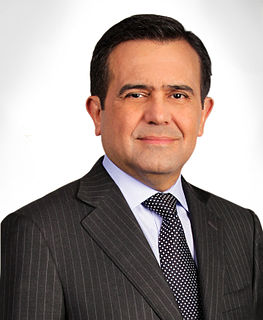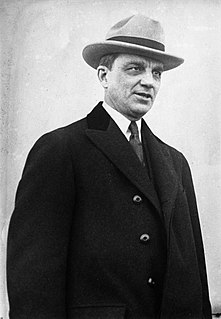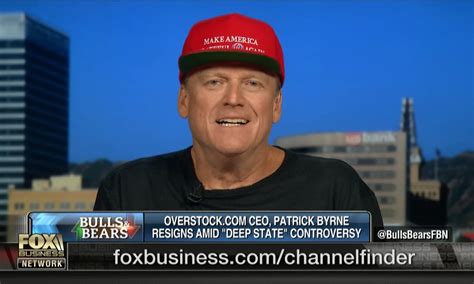A Quote by Ildefonso Guajardo Villarreal
The end-to-end value chain analysis proposed by the World Economic Forum has proved to be useful methodology, not only to identify trade barriers but also to highlight the importance of coordination among public-sector institutions.
Related Quotes
The moment of truth, the sudden emergence of a new insight, is an act of intuition. Such intuitions give the appearance of miraculous flushes, or short-circuits of reasoning. In fact they may be likened to an immersed chain, of which only the beginning and the end are visible above the surface of consciousness. The diver vanishes at one end of the chain and comes up at the other end, guided by invisible links.
Christmas turns things tail-end foremost. The day and the spirit of Christmas rearrange the world parade. As the world arranges it, usually there come first in importance -- leading the parade with a big blare of a band -- the Big Shots. Frequently they are also the Stuffed Shirts. That's the first of the parade. Then at the tail end, as of little importance, trudge the weary, the poor, the lame, the halt, and the blind. But in the Christmas spirit, the procession is turned around. Those at the tail end are put first in the arrangement of the Child of Christmas.
We wake up to find the whole world building competitive trade barriers, just as we found it a few years ago building competitive armaments. We are trying to reduce armaments to preserve the world's solvency. We shall have to reduce competitive trade barriers to preserve the world's sanity. As between the two, trade barriers are more destructive than armaments and more threatening to the peace of the world.
With the block chain, for the first time, we no longer need these central institutions for settlement or for guaranteeing the value of coins or for land titling. All of these functions can be replaced by a transparent public ledger that is safe from tampering and which can make value and ownership clear and open for everyone.
The end comes when we no longer talk with ourselves. It is the end of genuine thinking and the beginning of the final loneliness. The remarkable thing is that the cessation of the inner dialogue marks also the end of our concern with the world around us. It is as if we noted the world and think about it only when we have to report it to ourselves.
An overwhelming number of economists, international civil servants, and policy-makers argue that a fragmentation of the Eurozone would cause a new depression and massive wealth destruction around the world. It would also end the period of economic integration that has characterized world politics since the end of the Cold War.
The book I'm looking for,' says the blurred figure, who holds out a volume similar to yours, 'is the one that gives the sense of the world after the end of the world, the sense that the world is the end of everything that there is in the world, that the only thing there is in the world is the end of the world.
By virtue of the way it has organized its technological base, contemporary industrial society tends to be totalitarian. For "totalitarian" is not only a terroristic political coordination of society, but also a non-terroristic economic-technical coordination which operates through the manipulation of needs by vested interests.





































